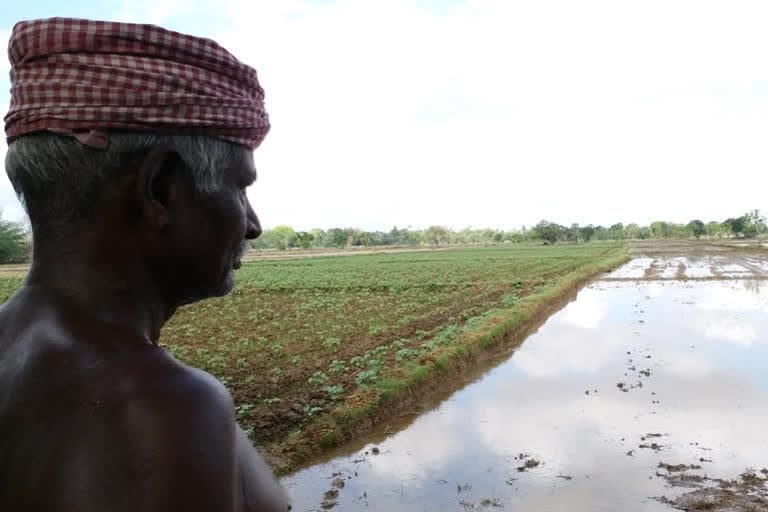Hyderabad: On May 14, the Union Ministry of Agriculture and Farmers Welfare had issued a draft notification, banning 27 pesticides due to their toxic affects to human and animal life. The government has given a 45-day window for raising objections and suggestion. Among the 27 chemicals are Thiram, Captan, Deltamethrin and Carbendizm, Malathion and Chlorpyriphos, etc. Another chemical called DDVP or Dichlorvos would be fully banned after December 31.
The government is taking a step towards ecologically safer India as most of these pesticides are highly toxic and newer molecules and bio-pesticides are available in the world that can substitute them safely. The government has acted in the interests of farmers and the Indian economy. Many industries such as bee-keepers, organic farmers, spice industry, are celebrating this order too.
However we need examine it from a seed industry perspective too. In addition to their use as a pesticide on crops, the banned pesticides are also extensively used by industry as seed treatment products primarily as seed protectants against seed and soil borne diseases and pests. The major pesticides used as seed treatment chemicals are Thiram, Captan, Deltamethrin and Carbendizm, which are proposed on the list.
Deltamethrin is one of the insecticides used against soil borne insects through seed treatment of Maize, Bajra, Sorghum, Sunflower, Mustard and Vegetables. It is quite economical and industry has been using it for many decades along with Carbendazim which is very economical and popular fungicide.
READ: Rajasthan's 'earth hero' comes to the rescue of injured animals
If we talk of Thiram, most efficient options for seed-treatment-fungicides, available in the market for against major Seed-borne and Soil-Borne diseases / pathogens . Moreover, it becomes more imperative in case of seed producers who are primarily dealing with open pollinated varieties like paddy, pulses where the seed is much cheaper as compared to the hybrids or transgenic crops.
These producers cannot afford pesticides of higher cost as profit margin is very low. The permission of Thiram & Carbendazim may also be consider in case of crops like wheat & paddy where seed requirement per unit of area is large (20kg to 40kg) & price per kg of seed is less than Rs 30/- Consideration of these chemical for seed treatment will help the majority of the seed companies as well as the farmers as the cost of seed treatment is much lower as compared to the newly recommended costly chemicals.
READ: Will do everything possible for Indians & India Inc: Anurag Thakur
The government may propose alternative chemicals/pesticides for seed treatment in view of the proposed draft banning order before implementation of the banning order. Also the alternative chemicals /molecules being proposed also need to complete regulatory trials for which there might be a need for a phased approach before banning existing pesticides.
Another important issue, is the affordability of new molecules/chemicals being offered as seed treatment chemicals. If such new molecules are expensive, they will affect the cost of seeds as inputs and further lead to increase in seed prices to farmers.
In case of absence of any affordable and suitable alternatives for the existing standard seed treatment chemicals as mentioned above, the farmers may also suffer huge losses due to seed and soil borne diseases, which may lead to overall reduction of productivity and profitability of farmers, seed industry and the agriculture economy.
The ban may also implement the order in a phased manner in 3 to 4 years so that the existing inventory stocks of chemicals and seed inventory with already treated seed with the chemicals listed in the order is exhausted. Further, the seed lots under the current marketing channel should be allowed to sale till the validity period of seed lots.
The Government of India may also consider Biologicals and nano-technology based seed treatments in addition to chemical pesticide seed treatment for providing an effective solution to the farmers and seed industry. There is a need to build R&D in the public systems such ICAR and IARI to develop bio-control agents and nano-technological interventions, as it is most sound to fight nature with nature. There are millions of bacteria and fungi, which can help us naturally, fight off pests and diseases and with the added benefit of not damaging the environment.
As these products will be developed within the public system, they will be patent-free and further lower the costs of agriculture and allied sector and finally benefit the Indian farmers and environment.



